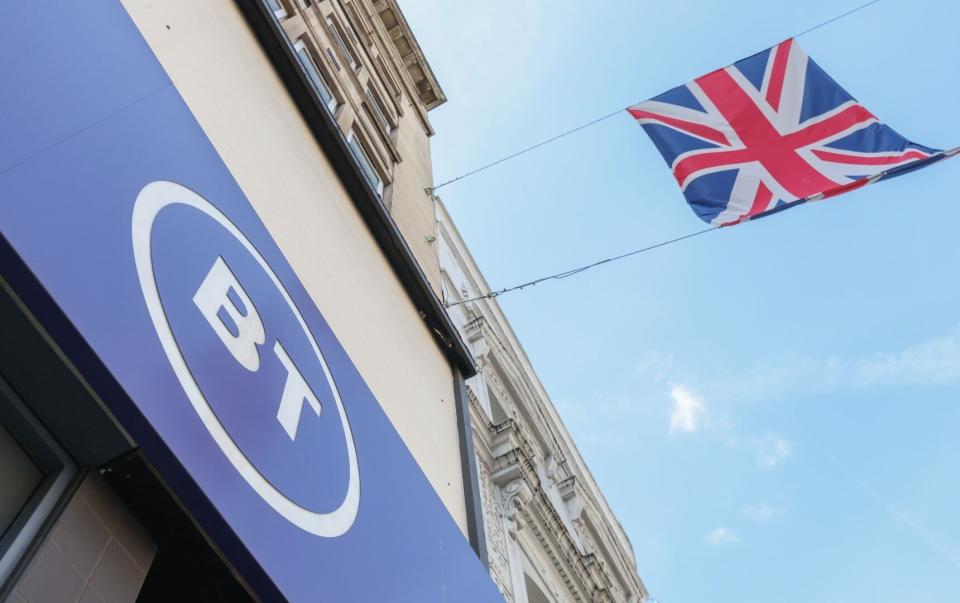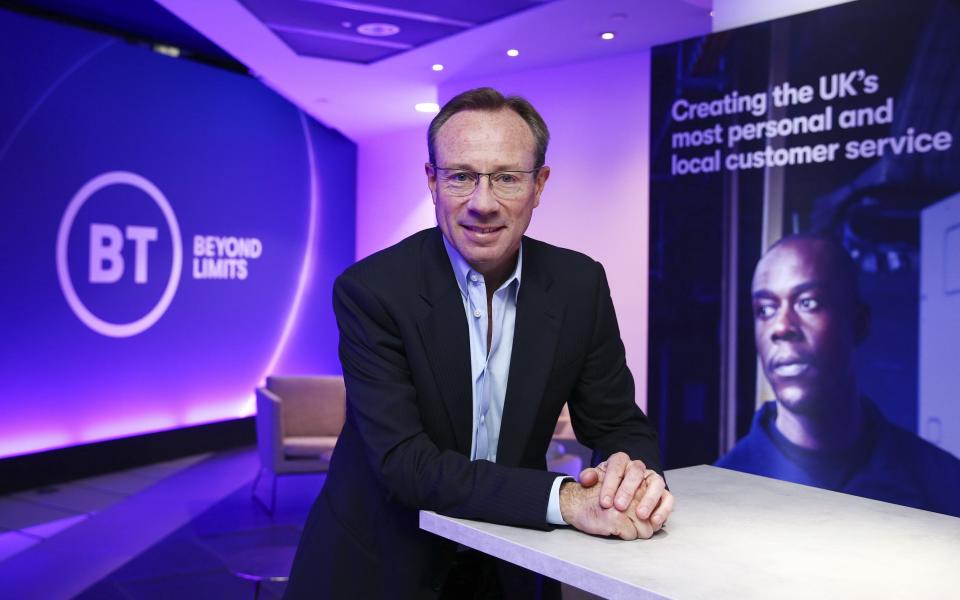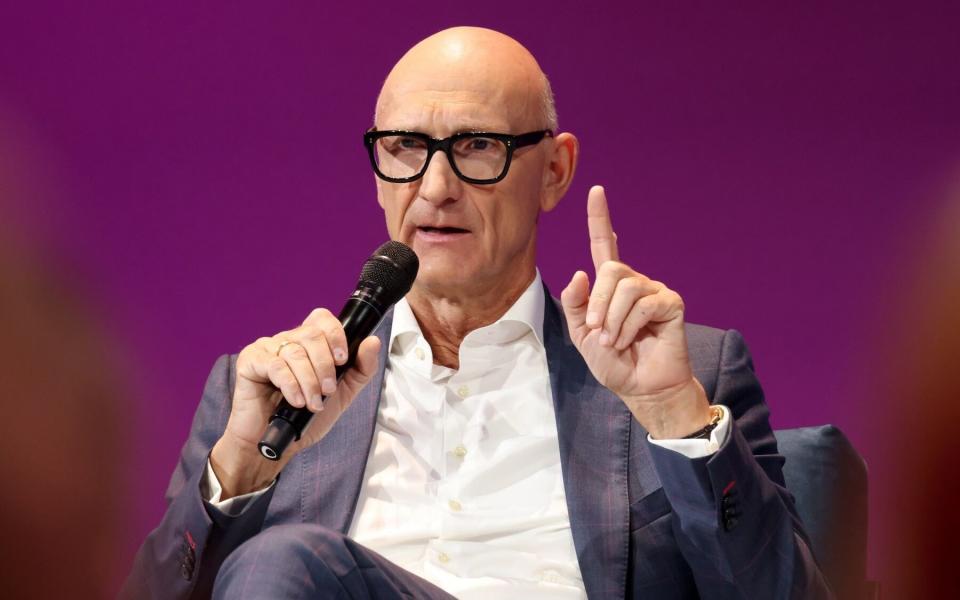BT on high alert for German takeover

BT is on high alert for a takeover spearheaded by its major shareholder Deutsche Telekom, in what would be a crucial test of Britain’s approach to European investment post-Brexit.
The former state monopoly has intensified work with advisers from Robey Warshaw and Goldman Sachs on its defence in recent months amid strengthening rumours that its German counterpart, a 12pc shareholder in BT, was preparing an approach.
Speculation in the telecoms industry and the City is reaching a crescendo as BT grapples with a £15bn investment in its new fibre-optic broadband network and a series of potentially destabilising forces.
Rising interest rates are a challenge for BT’s finances as it ploughs billions into replacing copper telephone lines with faster and more reliable fibre optics. Its debt pile excluding leases stands at £14bn, with significant sums due for refinancing next year. City fears over the impact on profits and dividends have become a significant factor in BT’s inability to inspire a rally in its shares.
Meanwhile Philip Jansen, its chief executive, is preparing to step down early next year, creating uncertainty at the top of the company on which a potential buyer may seek to capitalise. Marc Allera, the head of BT’s successful consumer division, is viewed by insiders and investors as a ready successor, however.
Senior industry figures also believe that Deutsche Telekom, a shareholder since BT bought the mobile operator EE in 2016, has a closing window of opportunity to seize control as Britain’s political landscape shifts.
The probable arrival of a Labour government within 18 months would make a foreign takeover of BT and its unionised workforce much harder to complete, it is assumed. Although Sir Keir Starmer had abandoned a Corbyn-era policy of renationalisation, Labour would be under pressure to block a deal that would likely lead to accelerated reform of working practices and job losses.

A bid by Deutsche Telekom would represent a further bet by its chief executive Tim Hoettges on BT’s underlying value, despite the stock’s disastrous performance since the EE deal. He effectively paid more than £4 per BT share; on Friday the stock closed at just over £1.20.
Mr Hoettges this year described the transaction as his “biggest mistake” and signalled he was examining options to make good on it. “There will be a time when we will do a deal,” he said, without specifying whether Deutsche Telekom would seek to increase its stake or cash out.
Inside BT the comments were viewed as a clear sign that Deutsche Telekom might seek to take the company off the stock market, prompting a renewed focus on its defence.
Robey Warshaw, a boutique advisory which employs the former chancellor George Osborne, was brought in by BT in 2021 after the French-Israeli telecoms billionaire Patrick Drahi began building a stake. The move blindsided BT, prompting a concerted attempt to improve its market intelligence.

Mr Drahi has since overtaken Deutsche Telekom to become the biggest shareholder on 24.5pc. Following a review, he is unlikely to be allowed by the Government to further increase his stake. Beyond 25pc Mr Drahi would be able to block special resolutions at shareholder meetings, which would concern officials given BT’s role as critical national infrastructure and array of sensitive security contracts.
However, the founder of the French operator Altice acquired his shares at a relatively low price and has told executives he believes in BT’s long-term prospects. Although they are rivals in Germany, he could seek to roll his stake into a Deutsche Telekom-led takeover and seek to benefit from BT undergoing transformation away from the glare of the public markets.
The potential for a buyout involving private equity or sovereign wealth alongside Mr Drahi and Deutsche Telekom is also on BT’s radar.
A BT insider said: “Deutsche Telekom and Drahi are aligned in the way they think the company should be run. They want us to go faster on reform and that would definitely be easier as an effectively private company.”
The two top shareholders are said to have strongly and directly influenced Mr Jansen’s announcement in May of up to 55,000 job cuts, albeit by the end of the decade and many linked to the completion of the fibre-optic broadband rollout.
BT declined to comment. Deutsche Telekom was contacted.

 Yahoo Finance
Yahoo Finance 